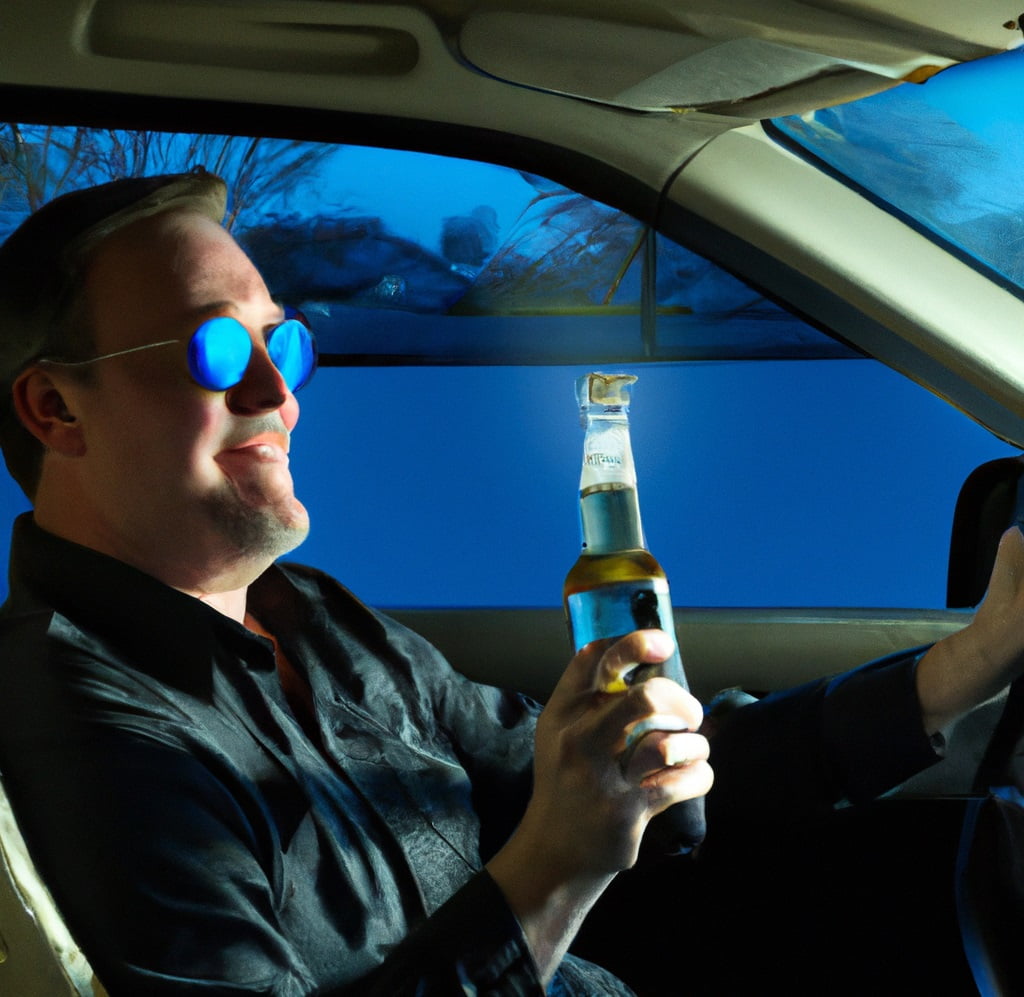Penalties for failing to stop at an accident
Failing to stop at an accident in Victoria is a serious criminal offence that can result in fines and or jail depending on the severity of the accident and whether anyone was injured or killed, and whether the circumstances were such that the driver ought to have known that an accident occurred where someone was injured or killed.

Sentencing for failing to stop at an accident
Section 61 of Road Safety Act 1986 states that the maximum penalty for failing to stop at an accident where someone is injured or killed, and where no assistance is rendered despite knowing that someone was injured or killed, is up to 10 years imprisonment. In addition, the offender’s driver’s license may be suspended or cancelled.
If a driver stops, and renders assistance but fails to give their name and address to the police, or to report the accident at the nearest police station, then the maximum penalty is 8 months for a first offence, or two years for a subsequent offence.
If the accident resulted in property damage only, the maximum penalty is 14 days imprisonment for a first offence, and 1 month for a subsequent offence.
The severity of the penalty may also depend on other factors including personal circumstances whether they have a history of traffic offences or other offences and whether any steps have been taken since the incident to address the offending behaviour.
Although there is no specific loss of licence specified for this charge, a Magistrate has a residual discretion under s28 of the Road Safety Act 1986 to suspend or cancel a licence.
Is it possible to defend against these charges?
The offence of failing to stop after an accident is governed by Section 61 of the Road Safety Act 1986. To establish this offence, the prosecution must prove the following elements beyond a reasonable doubt:
- The accused was driving or in control of a motor vehicle involved in an accident on a public road.
- The accident resulted in either personal injury or property damage.
- The accused knew or ought reasonably to have known that an accident occurred.
- The accused failed to stop at the scene of the accident.
- The accused failed to provide their name and address, and the name and address of the owner of the vehicle, to the person who suffered personal injury or property damage or to a police officer.
In order to defend against these charges, the defence has to show that one of the above elements can not be proved. For example, circumstances may exist where an accused may not have known, or could not have reasonably been expected to know that an accident occurred. In such a case, the prosecution will not be able to prove this element.

